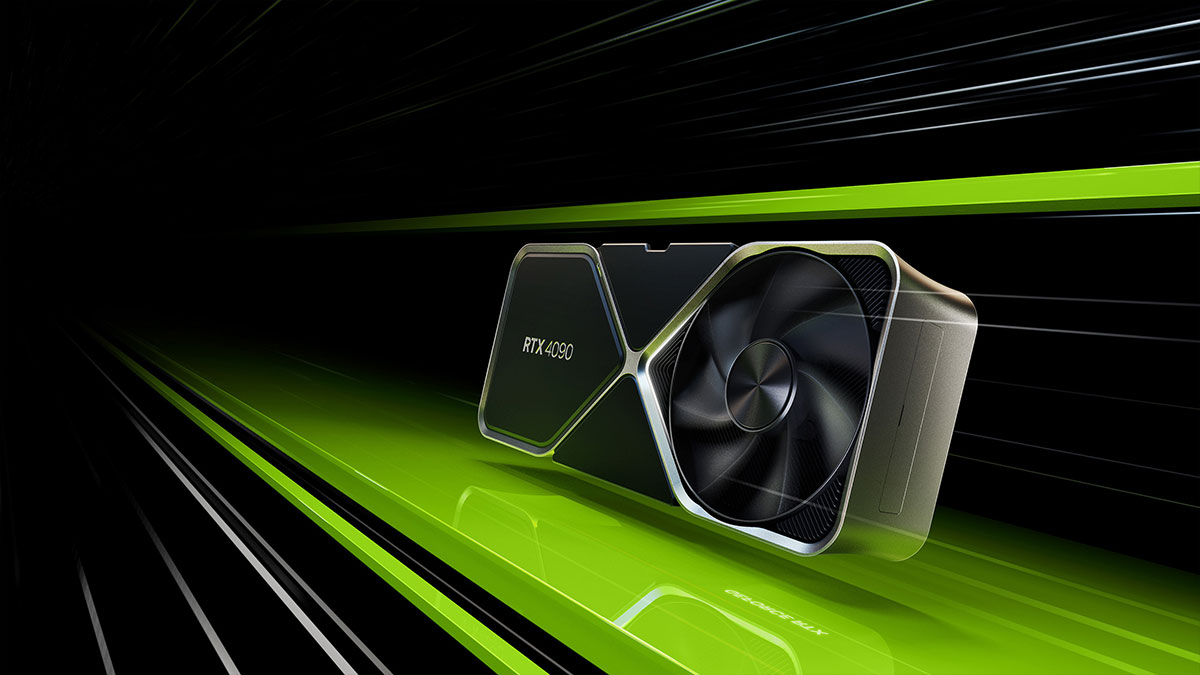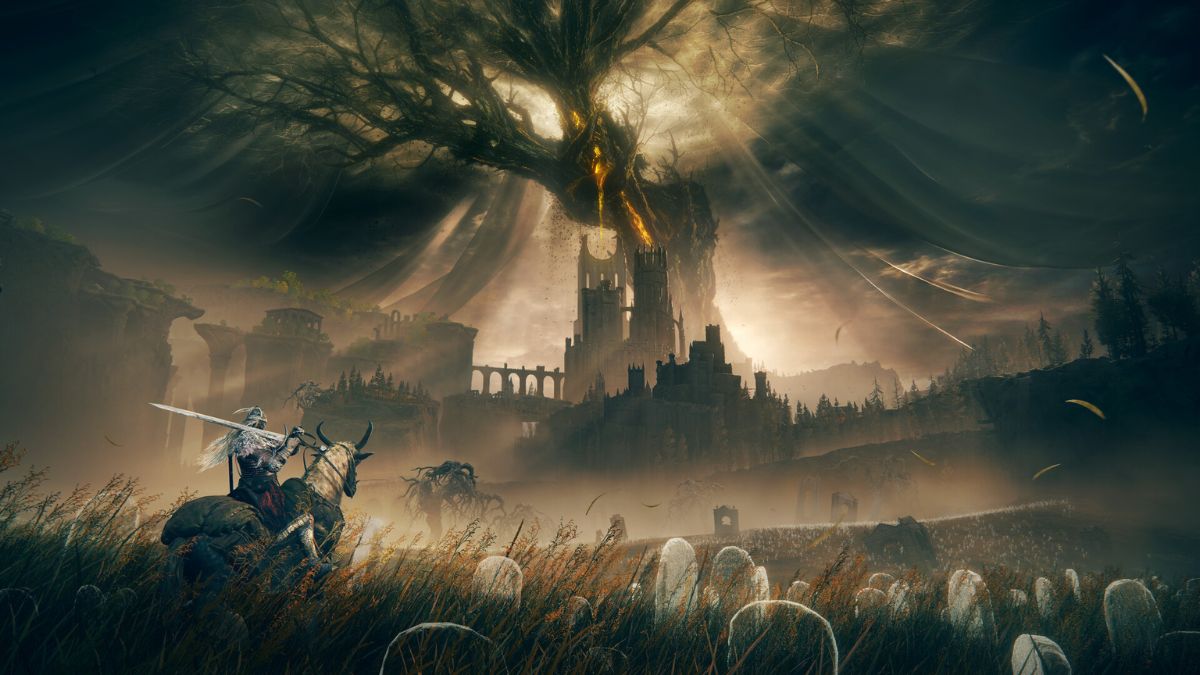The next generation of graphics cards from Nvidia has been revealed. The GeForce RTX 40 series currently consists of two GPUs: the 4080 and its big brother, the 4090. “Beyond fast” was the tagline when the 4090 got its shiny reveal trailer, so let’s take a look at the specs, prices, and release dates of each card to see what they’re capable of.
Nvidia GeForce RTX 4080 breakdown
Unlike the more powerful card, the 4080 actually comes in two variations, with differing G6X memory capabilities: 12GB and 16GB. The former will cost $899 USD when it releases; the latter will be priced at $1,199 USD. No specific release date was given, but Nvidia says they’re coming sometime in November. Regardless of which 4080 tier you get, the company claims it’ll be two to four times faster than a 3080 Ti.
Nvidia GeForce RTX 4090 breakdown
This is the pricier card, set at $1,599 USD. It has 24 GB of G6X memory, and similar to the 4080s, it’s said to be two to four times more powerful than the 3090 Ti, which is presently the best card Nvidia has to offer. The GeForce RTX 4090 goes on sale before the other cards, on October 12.
New architecture in Nvidia 40 series cards
Both the 4080 and 4090 used Nvidia’s new Ada Lovelace architecture, which is explained in more detail on the manufacturer’s website. The first talking point is fourth-gen tensor cores, which are used in AI processes like the new DLSS 3 and RTX Remix. We’ve seen the latter in action with the reveal of Portal with RTX, a free update that will bring raytracing to the classic puzzler game in November.
Other components of Ada Lovelace include third-gen RT cores, which are focused on those raytracing capabilities. This is said to more than double the performance of its RT-TFLOPs. New shader execution reordering goes hand-in-hand with this raytracing to make for more efficient operations. Finally, 40 series cards use AV1 encoding, which can let streamers and other broadcasters bump their image quality up to 1440p while maintaining the same bit rate they had at 1080p.







Published: Sep 20, 2022 12:25 pm